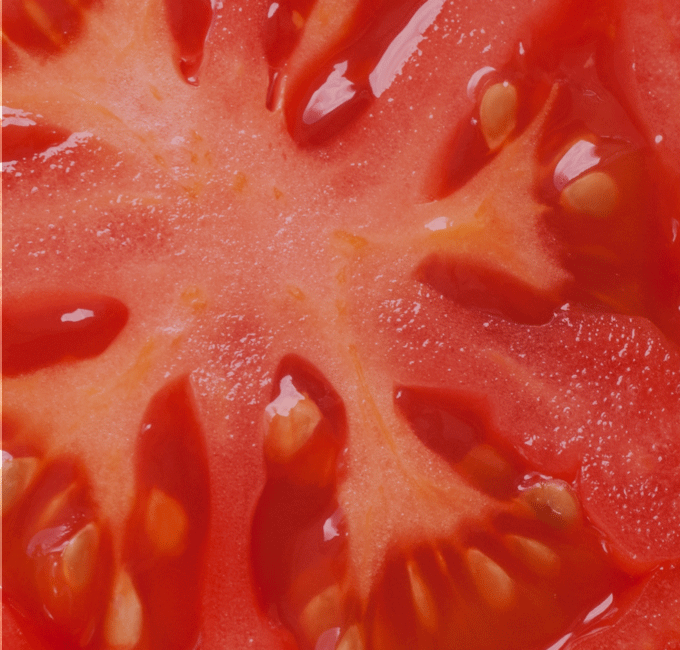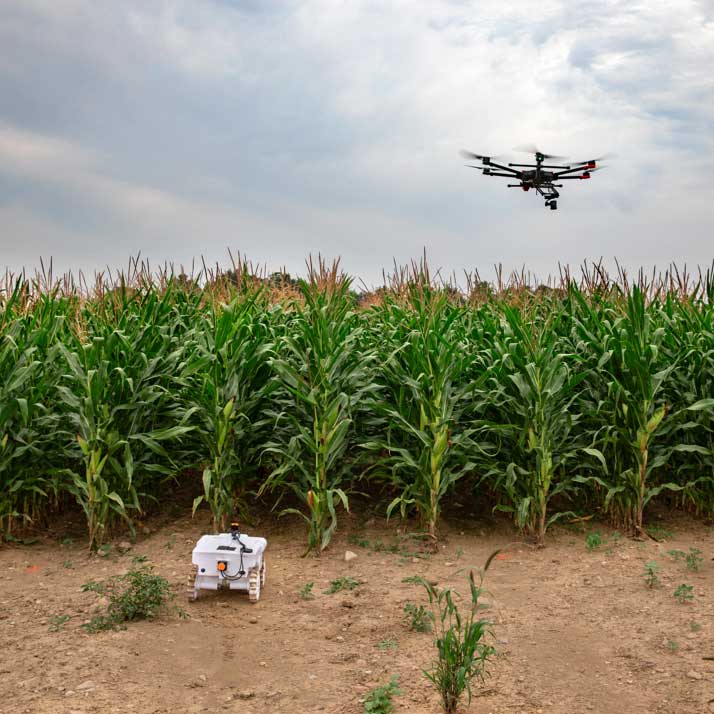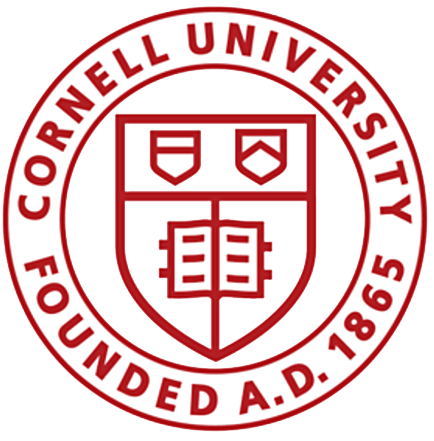Through new discoveries in biology, technological innovation, and social science research, CROPPS is transforming how we interact with plants and their environments. Our work bridges disciplines to create more sustainable, resilient, and productive agricultural systems.
Five core research themes guide our mission, shaping the tools, insights, and collaborations needed to address the complex challenges of modern agriculture.






